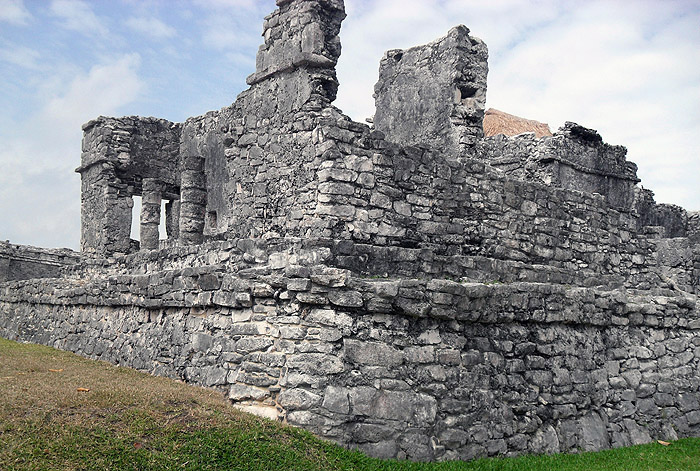As I was preparing to write up some notes on de las Casas (1484-1566), a line from an old Jim Croce song came to mind, "you don't spit into the wind." (That's from You Don't Mess around with Jim.) It just occurred to me that that was what the Dominican friar was doing that when he penned his book, A Short Account of the Destruction of the Indies (Brevísima relación de la destrucción de las Indias, published in 1552). But by that time, he had already been "spitting into the wind" of the Spanish colonial regime in the Caribbean and the New World for quite a few decades.
De las Casas was one of the earlier Spanish settlers to the Indies, arriving in the first decade of the sixteenth century. He became a land owner, employed native slave labor and was a full participant in the Spanish encomienda system. Even after he became a priest around 1510, de las Casas continued to amass wealth and participate in the exploitation of the natives. (Think of that!) But, he did change his mind and turned into a vocal opponent of the Spanish colonial project. He joined the Dominican order and began his long decades of advocacy on behalf of the natives of the New World. He argued against the enslavement of natives and later also opposed the importation of slaves from Africa. He argued against forced conversion to Christianity. He argued against torture and exploitation.
De las Casas did spend decades working to mitigate the atrocities of the Spanish rule in the New World. He occupied several prominent government (for example, Protector of the Indians) and religious (for example, Bishop of Chiapas) posts during his career, and I guess that he had something of an impact in bringing to light the horrible atrocities being committed in the name of the Spanish king and queen and in the name of Christianity. While he may have been was able to use his influence at the royal court in Spain to have some reforms enacted, it is not clear whether any of that influence or those reforms changed the basic character of what was actually happening in the New World. In other words, de las Casas was pretty much powerless to prevent the widespread extermination of much of the native population.
Finally, consider also, that while he was active in Spain, he had practically no influence on any of the other colonial empires being created around the world by the Portuguese, Dutch, English, French, etc.
![]()
Some recommended online lectures and websites
- The very long Wikipedia entry on de las Casas is really very, very good. Here is the link to the entry in the Spanish version of Wikipedia. Check out the Catholic Encyclopedia entry on de las Casas also.
- Biblioteca de autor Bartolomé de las Casas (in Spanish)
- Theodore De Bry's Illustrations for Bartolome de Las Casas's Short Account of the Destruction of the Indies (These are very graphic.) Wondering who de Bry was?
- Some of de las Casas' works are available at Project Gutenberg, including A Brief Account of the Destruction of the Indies.
- PBS When Worlds Collide: The Untold Story of the Americas after Columbus is sometimes available online.
- Some good resources, including scholarly papers, are available online in connection with a 2011 Conference on Universality in Human Rights.
- A brief list of links is here.
- Jim Tuck, Bartolome de las Casas: father of liberation theology (does not really explain the connection to liberation theology)
- Kenneth Pennington, Bartolomé de Las Casas and the Tradition of Medieval Law
- For extra credit please suggest to your instructor a relevant website for this unit of the course. Send the title of the site, the URL and a brief explanation why you find the information interesting and applicable to the material being studied in this unit.
